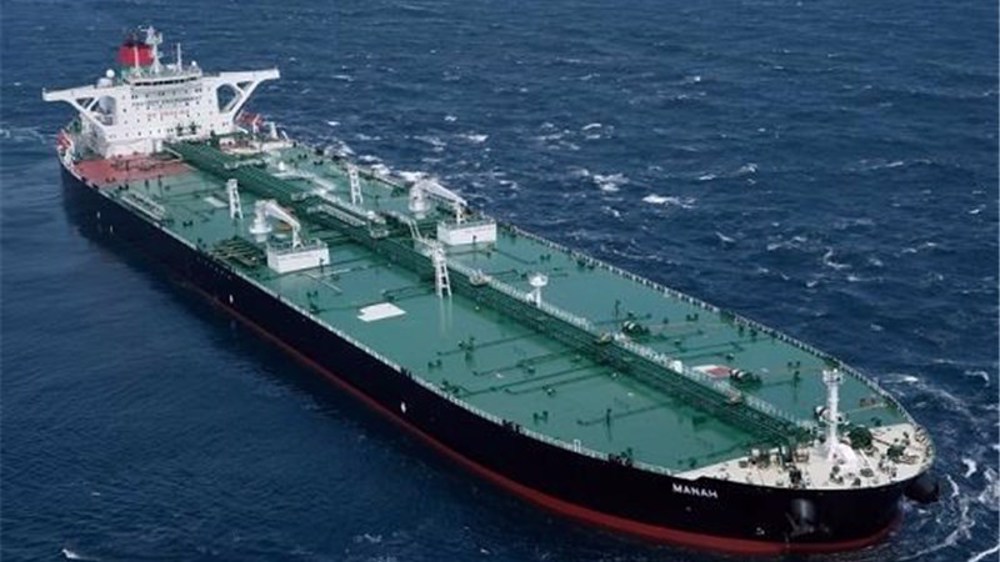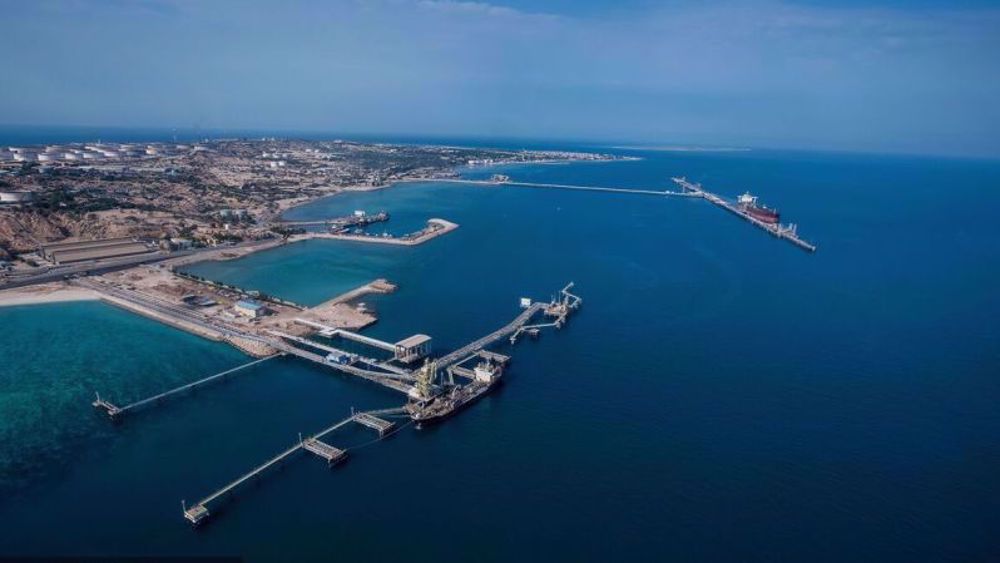India pushing to revive Iran gas pipeline
With a delegation headed to Tehran soon, Indian officials will push for the revival of the $7-billion gas pipeline from Iran which has to cross Pakistan, a New Delhi-based newspaper says.
India dropped out of the massive project under US pressure but a recent opening in the business environment in Iran has prompted Indian leaders to make a fresh bid for the pipeline, the Economic Times reported, citing informed sources.
“A senior oil ministry official will lead a delegation of oil industry executives shortly to Iran to press for India's interest in revival of the pipeline project that was put on the back burner for years as well as developing the Farzad-B block,” said the paper, cited as the world's second largest English-language business daily.
The Farzad-B gas field is part of the Farsi block in the Persian Gulf which Iran awarded to India’s ONGC Videsh in 2002 but cancelled it after the state-run Indian consortium dragged its feet on starting development.
The Economic Times said energy-hungry India is now hoping to get the block back since it has already spent $90 million on exploration.
"We will have to present our case for the Farzad block. We also need to discuss all possible ways to evacuate gas from that field so that it can be brought to India for consumption. This will include a discussion on the possibility of laying a pipeline from Iran via Pakistan,” it cited an unnamed official who will visit Iran soon.
Like in the case of the Farzad project, India abandoned the Iran-Pakistan-India gas plan, dubbed the Peace Pipeline, under pressure from the US which ordered New Delhi to source its gas from Turkmenistan via Afghanistan and Pakistan.
After India’s withdrawal, Iran and Pakistan decided to go ahead with the pipeline plan.

During President Xi Jinping’s visit to Islamabad in April, Pakistani officials said China would build the pipeline to bring natural gas from Iran. Pakistani officials say 700 kilometers of the pipeline will be built by the Chinese and another 80 km by Islamabad.
Iran has completed its 560-mile (900-kilometer) part of the pipeline and has long pressed Pakistan to build its part of the scheme.
Islamabad is contractually obliged to pay fines for delays in beginning the project in the winter of 2014 when gas deliveries were supposed to commence.
Pakistan's Minister of Petroleum and Natural Resources Shahid Khaqan Abbasi said earlier this month that Islamabad was hopeful to revive the stalled project after the finalization of Iran’s nuclear talks.
"A lot of issues that have built up over the years will be resolved, especially the Iran-Pakistan pipeline… that has been hit by the sanctions," Abbasi said.
Israel kills 5 more paramedics in southern Lebanon: Health ministry
Iran to launch ‘new, advanced’ centrifuges in response to IAEA resolution: AEOI
Yemen fires hypersonic missile at Israeli airbase
VIDEO | New Delhi chokes under toxic smog as air quality remains at hazardous levels
VIDEO | Press TV's news headlines
VIDEO | ICC's arrest warrant for Netanyahu to worry Western politicians: Former British diplomat
Iranians protest against Israel after Netanyahu ICC warrant
Germany undecided on complying with ICC arrest warrants for Israeli war criminals










 This makes it easy to access the Press TV website
This makes it easy to access the Press TV website